Grocery Guides
Shochu – All You Need to Know | Instacart’s Guide to Groceries
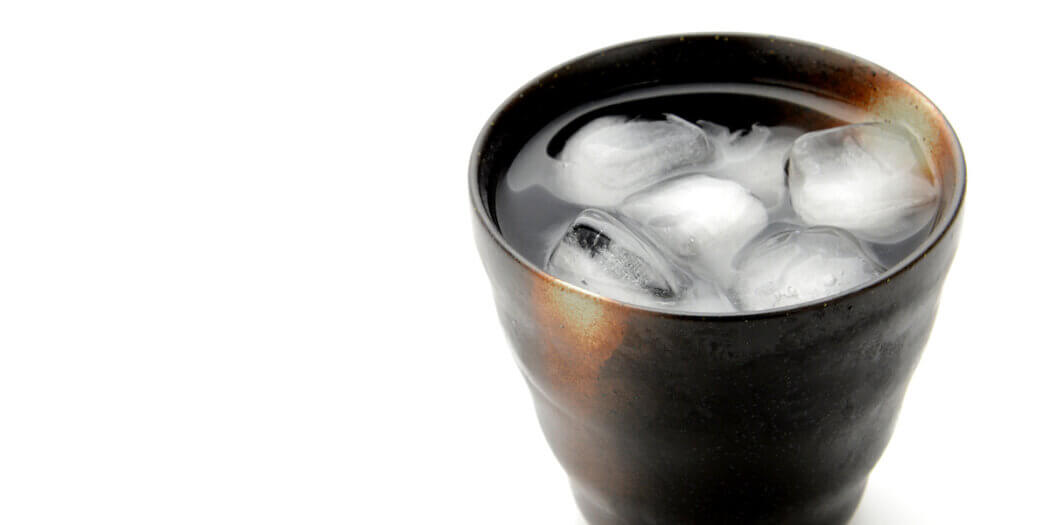
What is shochu?
Shochu is a traditional Japanese distilled alcoholic beverage typically made with rice, barley, sweet potatoes, buckwheat, or brown sugar. Some distillers, however, prefer making the drink with less common ingredients like chestnuts, sesame seeds, or even carrots.
Its 25-35% alcohol content makes shochu a moderately strong beverage compared to other alcoholic drinks. Shochu is more potent than beer, wine, and sake but weaker than baijiu, whiskey, and vodka.
Shochu is a versatile drink with an earthy flavor. It can be served on the rocks, mixed with tea or fruit juice, diluted with hot or cold water, or as a cocktail base with other spirits. Shochu is also delicious when served neat—on its own, at room temperature, or chilled.
Where did shochu originate from?
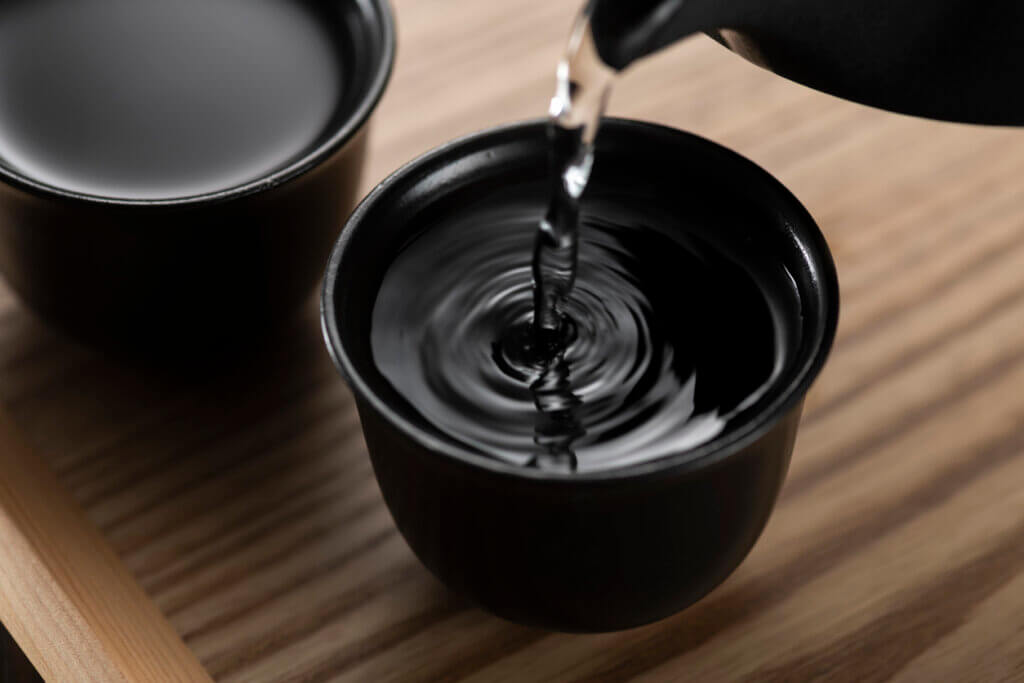
Shochu has been distilled, served, and enjoyed in Japan for at least 500 years. While its exact history remains a mystery, many sources believe shochu distillers took inspiration from Persian, Thai, and Chinese hard liquors.
In recent decades, shochu has become incredibly popular. Today, it is the most consumed liquor in Japan. Whether you’re at the supermarket, bar, or nightclub, you’re likely to find some type of shochu beverage.
While shochu has yet to gain major popularity in most of North America, you can usually find a few varieties of shochu in big metropolitan cities, especially those with a large Japanese community.
How is it made?
Making shochu is a lengthy process, and each distiller has its own special recipe to create a unique spirit. Yet, they all follow the same basic steps.
First, wash rice (or barley) then soak it in large vats. Then, koji—a food-safe mold—is inoculated in the batch. This kicks off the first fermentation, which takes between 6 to 9 days.
Next, distillers add a steamed ingredient to begin the next fermentation process. The ingredient added determines the flavor and type of shochu. For example, rice will create a rich umami-flavored kome shochu.
After the second fermentation, the shochu is distilled. To maintain the flavor, most shochu is only distilled.
The last step is aging the spirit. Depending on the distillery, shochu is aged in stainless steel vats, wooden barrels, or ceramic pots, each adding its own twist to the final flavor.
What is the nutritional value of shochu?
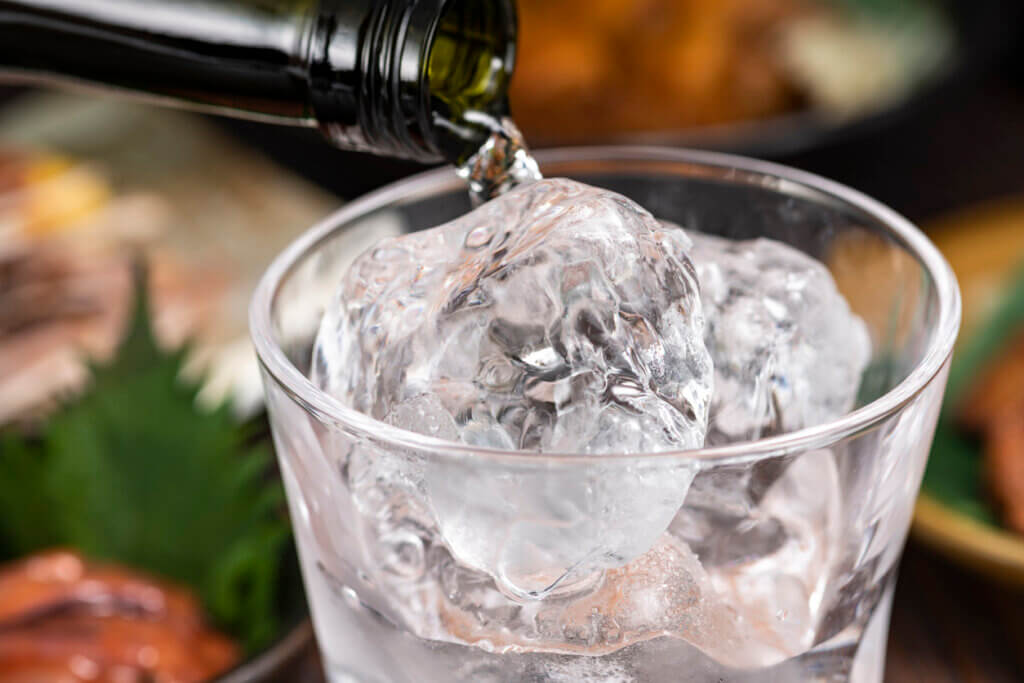
Nutritionally speaking, shochu stands out from other distilled drinks. A 2 fl oz serving has just 32 calories, compared to vodka’s 128 calories. For this reason, those on a calorie-restrictive diet often choose shochu as their go-to spirit.
What should I look for when buying shochu?
As you now know, different varieties of shochu taste differently. If you know what type of shochu you’re looking for (kome, imo, mugi, soba, and so on), look for those words on the label.
If it’s your first time venturing into the world of shochu, you can’t go wrong with the mugi variety (made with barley). The mild and pleasant flavor is an excellent introduction to the Japanese spirit.
Grab it now on Instacart:
How to store shochu
Keep a closed bottle of shochu in a cool, dry place away from direct sunlight. A liquor cabinet or dark pantry will do just fine. If you store it this way, your bottle of shochu will last you several years.
Once you open the shochu, you can keep storing it in the pantry or put it in the fridge. Either way, the shochu may lose aroma and flavor with time, so it’s wise to drink it all within 2-3 months to enjoy it fully.
How to tell if your shochu has gone bad
Shochu in a closed, sealed bottle won’t go bad. The question is if an opened bottle can spoil or not. Unfortunately, this doesn’t have a simple answer. Some distillers say you can drink from an open bottle for years, while others say the flavor will degrade after a few months.
However, for shochu (and other hard liquors), do a quick “smell, look, taste” check. If it smells okay, looks okay, and tastes good—in that order—go ahead and enjoy it! If it has an odd smell, looks murky, has a darker color, and tastes off, toss it.
What can I substitute for shochu?
Because shochu is such a unique beverage, it can be difficult to substitute.
If you’re preparing cocktails that call for shochu, you can substitute with either vodka or baijiu. Just make sure to dilute either with water as they’re stronger spirits than shochu. Another excellent option is the Korean beverage, soju. Although the flavor profile isn’t the same, the alcohol content is and there are a variety of flavor options.
Where can I find shochu near me?

With a nearly overwhelming number of options on your shochu adventure, we’ve got your back. With Instacart, order your favorite flavors and mixers online and have them delivered directly to your home, hotel room, vacation rental, or Airbnb. Just add everything you need to your cart and choose same-day delivery or pick up at check out.
Most Recent in Grocery Guides
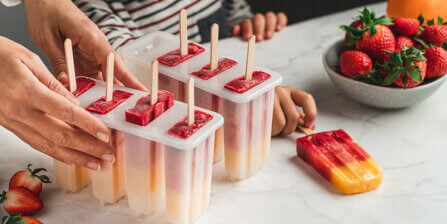
Grocery Guides
15 Tasty Ice Cream Alternatives: Yogurt, Shaved Ice & More
Ice cream has been a beloved treat for generations. With its rich flavors and smooth texture, it’s no wonder people choose ice cream when looking for dessert. However, as dietary restrictions and health consciousness evolve,…...
Apr 10, 2024![When Is Artichoke Season? [Recipes + Guide]](https://www.instacart.com/company/wp-content/uploads/2024/03/when-is-artichoke-season-hero-447x224.webp)
Grocery Guides
When Is Artichoke Season? [Recipes + Guide]
Quick Answer When is artichoke season? In North America, artichoke season is from March to May, with smaller batches in October. Artichokes are a unique and versatile vegetable known for its tender heart and delicate…...
Mar 6, 2024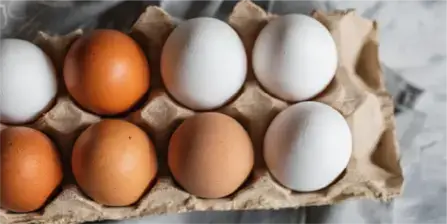
Grocery Guides
Brown Eggs vs. White Eggs: How Are They Different?
Eggs are an essential ingredient in many sweet and savory recipes. The possibilities are endless when it comes to using these protein-packed powerhouses — you can scramble, fry, boil or poach eggs, or you can…...
Feb 24, 2024







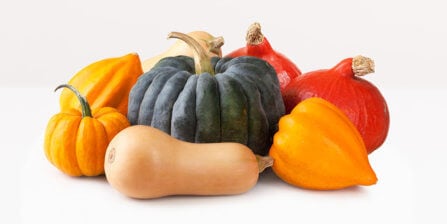 Squash – All You Need to Know | Instacart Guide to Fresh Produce
Squash – All You Need to Know | Instacart Guide to Fresh Produce 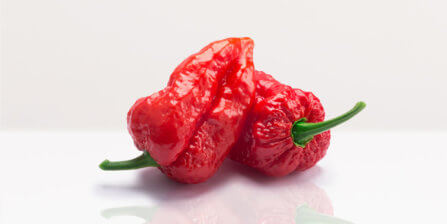 Ghost Pepper – All You Need to Know | Instacart Guide to Fresh Produce
Ghost Pepper – All You Need to Know | Instacart Guide to Fresh Produce 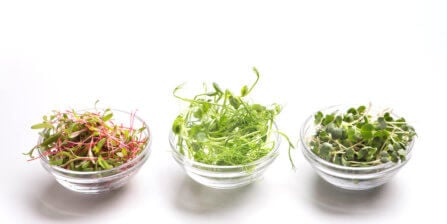 Sprouts – All You Need to Know | Instacart Guide to Fresh Produce
Sprouts – All You Need to Know | Instacart Guide to Fresh Produce 

